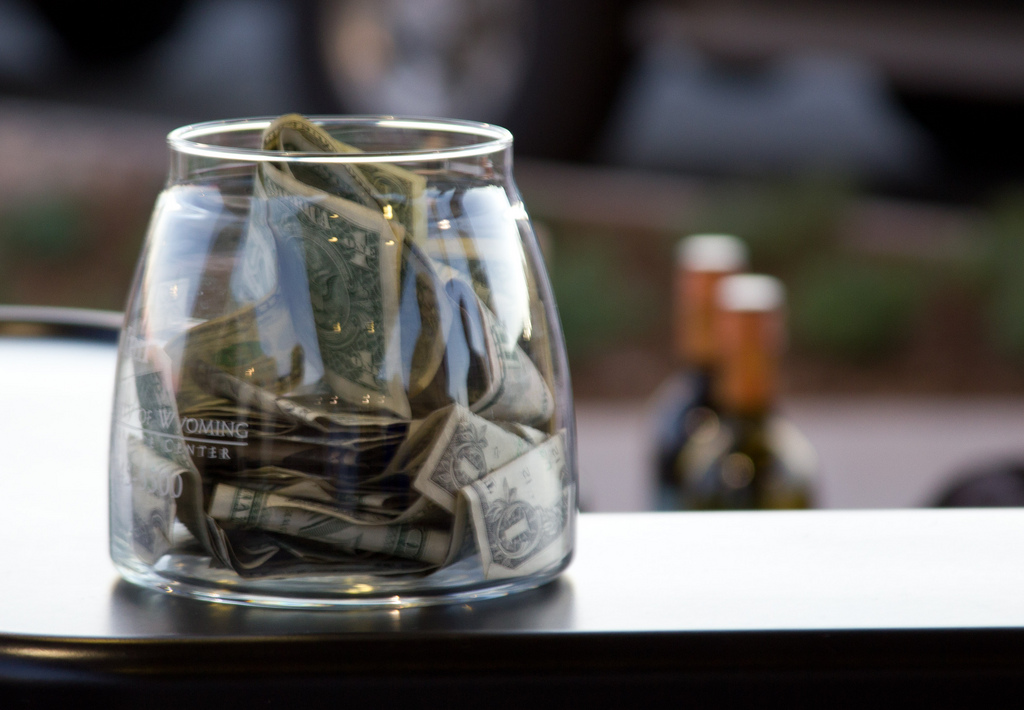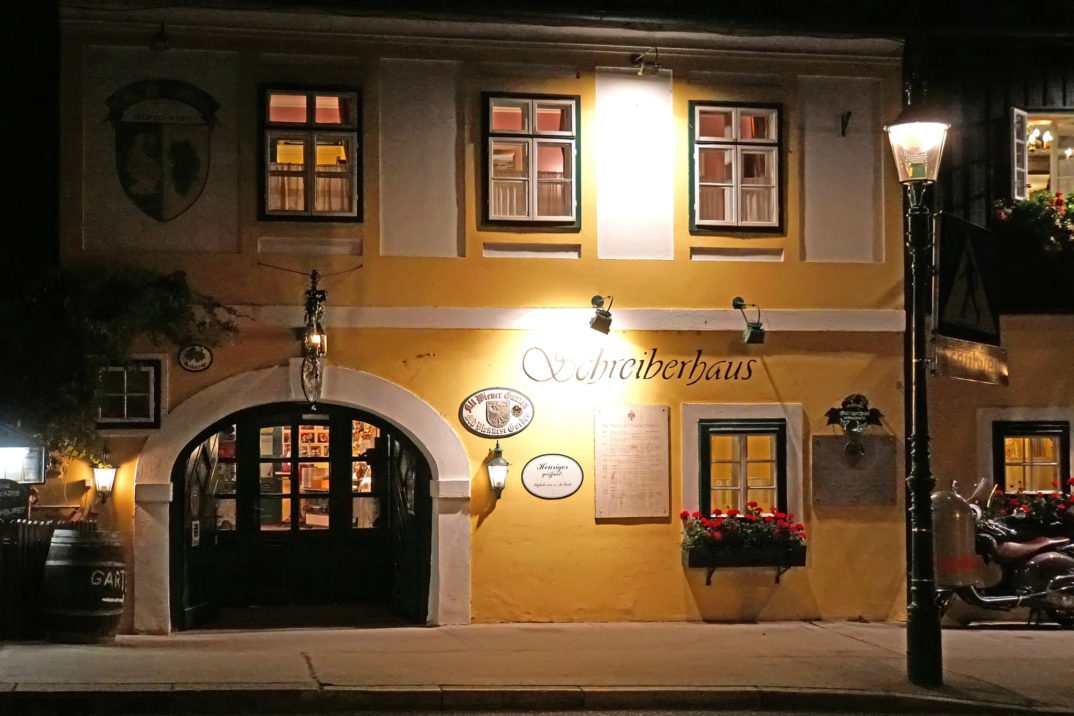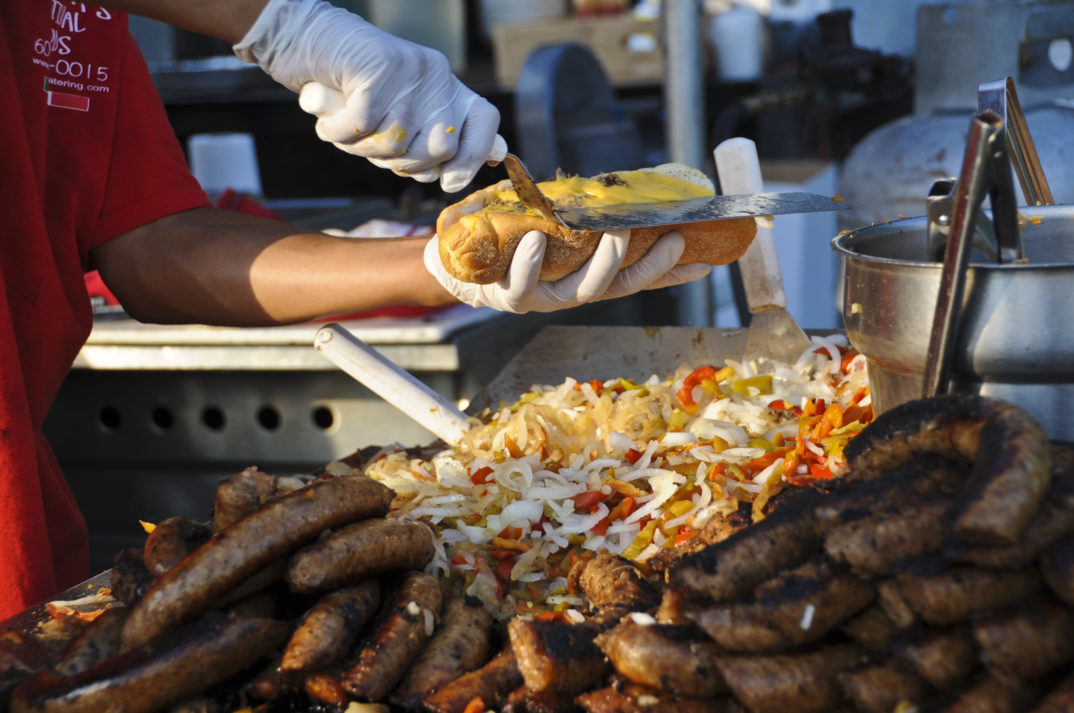As debates about immigration stirred up controversy in the capital, D.C. held its primary elections last Tuesday, with citizens casting their vote for mayor, city council, representatives in Congress, and most controversially, Ballot Initiative 77. Though news from the capital usually takes the form of Congress’ latest political battle, Initiative 77 made national headlines due to the intense debate that it caused amongst D.C. residents. The initiative asked voters whether or not the pre-tipped minimum wage should be raised from $3.33 to $15 per hour by 2026. On Tuesday June 19th, it passed, winning 55% of the vote and signaling division among D.C. residents. What lies at the heart of this disagreement amongst D.C. residents? Is tipping consistent to American values or a way of reinforcing race and class divisions? And is the “Save Our Tips” campaign truly representative of the tipped workforce? Continue reading “To Tip or Not to Tip: D.C.’s Ballot Initiative 77”
Searching for Authenticity, Finding Fallacy
One evening this past month, I found myself walking the streets of Vienna, searching for a place to eat. Specifically, I hoped to show my colleague authentic Austrian cuisine. Although there was no shortage of restaurants, it proved difficult to find one which met my criteria. Continue reading “Searching for Authenticity, Finding Fallacy”
An Experiment in Inequality at the Street Food Stall
During February, Saartj, a New Orleans food stall serving Nigerian lunches, has been conducting a social experiment. In response to a rapidly growing wage gap between white people and people of color in New Orleans, they are offering lunches for $12 and suggesting that customers who identify as white pay $30 instead: the adjusted price that represents the disparity in income between African Americans and whites. Chef Tunde Way set up his pop-up food stall in order to stimulate discussion of the wage gap and to spread awareness of the statistics of the incomes in New Orleans. The social experiment has been collecting data, asking customers to complete surveys through February 28. Preliminary results suggest that 80 percent of white customers select to pay the $30 rate for their meals. The extra money collected is to be redistributed to minorities who frequent the stall (though not many have signed up for the money).
Continue reading “An Experiment in Inequality at the Street Food Stall”



